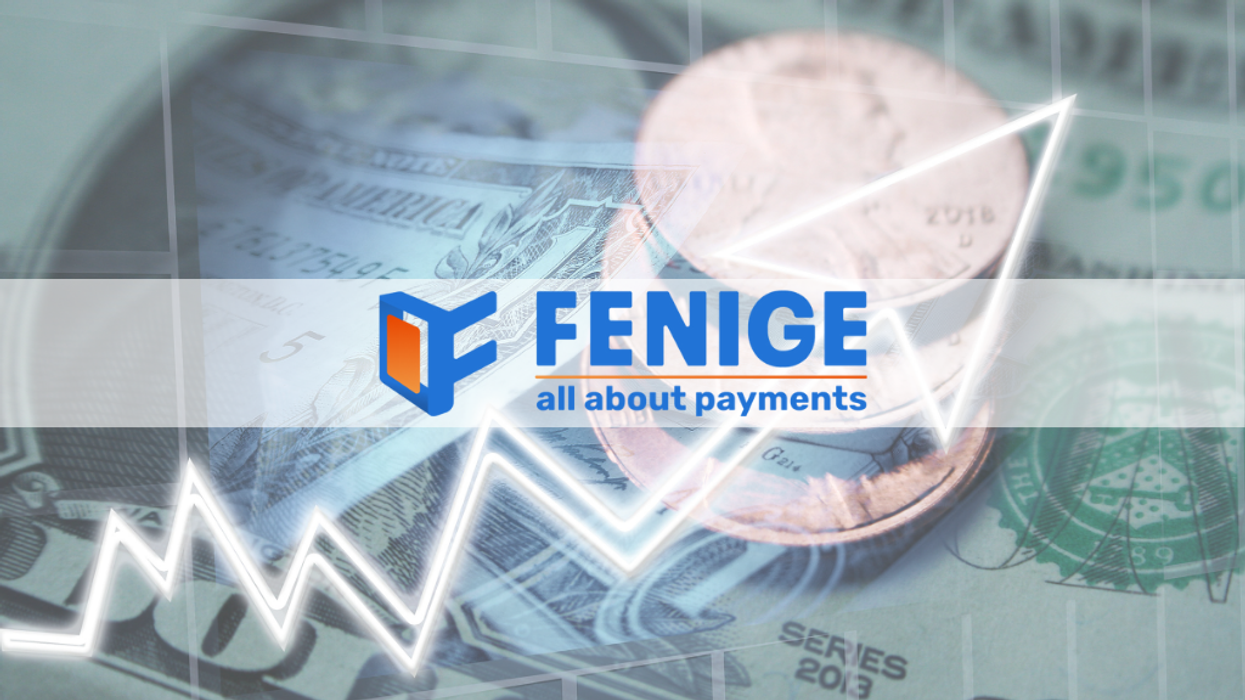In today’s digital economy, rising customer expectations, rapid e-commerce growth, and global market expansion have redefined what a payment gateway should deliver. It’s no longer enough for a payment system to simply work. In 2025, it needs to be fast, secure, intuitive, and globally accessible. So, what should online merchants expect from their payment service provider? Here’s a practical guide to the features that will define industry standards—not luxuries—in the coming year.
Speed and frictionless checkout – conversion doesn’t wait
In e-commerce, payment is the decisive moment. It’s also where most cart abandonments happen. The causes? Not just a lack of preferred payment options—but also slow authorization times, technical glitches, and complicated forms. A modern payment gateway must work fast and without friction.
Instant confirmation, seamless redirects, mobile responsiveness, and compliance with the latest security protocols are now essential. Even a one-second delay can cost a sale. That’s why merchants must ask not just about tech support or pricing—but about real transaction processing times and reliability under high volumes.
A wide range of payment methods – because customers want choice
Today’s customer expects to pay how they want—whether by card, BLIK, Google Pay, Apple Pay, bank transfer, or even crypto. A gateway limited to just basic card processing will quickly become a bottleneck to your growth.
In 2025, omnichannel solutions that integrate multiple methods into a single interface are becoming the norm. A quality payment provider not only supports diverse payment types but tailors the experience to each user’s location, language, and currency. This improves conversion rates, reduces friction, and lowers cart abandonment.
Subscription-ready, marketplace-friendly, and instant payout-capable
It’s not just customer preferences that shape the payment landscape—business models are evolving too. More merchants are relying on subscriptions, recurring billing, partner payouts, and card-based transfers without bank accounts (Card-to-Card).
A great example of a provider addressing these needs is Fenige. Their services—like PaymentHub, Transfers, Card-to-Card, and Payouts—are designed for modern businesses: whether you're a SaaS platform, marketplace, or digital service. Fenige enables fast payouts to sellers, automated settlements with contractors, instant refunds, and flexible currency handling—ideal for companies thinking globally.
Automation and data – because insights drive strategy
A modern payment gateway isn’t just about processing—it’s about data and automation. In 2025, merchants expect access to analytics tools that track conversions, identify failed payments, control operational costs, and automate actions based on customer behavior.
Providers like Fenige offer not only flexible APIs, but also advanced transaction reporting and real-time monitoring, making it easy to integrate payment flows with your CRM, ERP, or accounting systems. This empowers merchants to scale operations without losing control of their financial infrastructure.
Full compliance and enterprise-grade security
In a digital-first economy, payment security isn’t a competitive edge—it’s a baseline expectation. In 2025, a payment gateway must comply with PSD2, SCA, AML, and certifications like PCI DSS. Tokenization, encryption, real-time fraud detection, and strong customer authentication (SCA) are essential.
Customer trust is built on more than a sleek interface—it’s also about transparency. That’s why it’s important to work with providers who offer clear pricing, transparent refund policies, and responsive technical support when things go wrong.
In 2025, a payment gateway isn’t just a backend feature—it’s a strategic touchpoint. It influences not only conversion, but also loyalty, retention, and long-term operational efficiency.
So don’t choose your payment provider based on fees alone. Ask yourself: will this partner help me scale, automate, extract insights, and build a competitive advantage? Your payment process needs to be just as fast, smart, and adaptive as your business.




